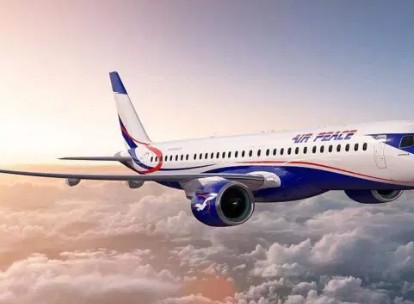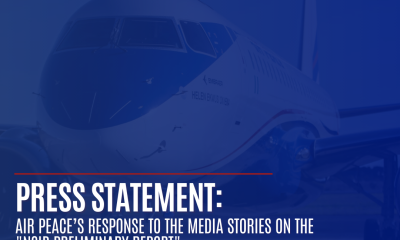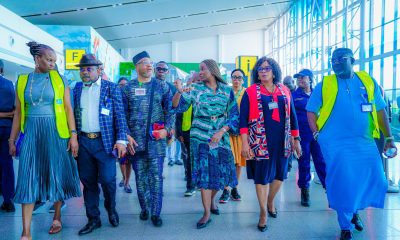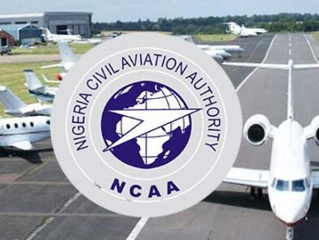Domestic airlines in Nigeria recorded a total of 34,424 flight disruptions in 2024, the Nigerian Civil Aviation Authority (NCAA) has revealed in its executive summary of domestic flight operations.
Out of 70,543 flights operated within the country last year, 33,235 were delayed, and 1,189 were cancelled, showcasing a significant impact on the country’s aviation sector.
The data highlights the airlines that were most affected by these disruptions, with Air Peace, Nigeria’s largest flag carrier, topping the list. The airline was responsible for 333 cancelled flights and 7,619 delayed flights.
Arik Air, which operated 10,699 flights, reported 5,027 delays and 215 cancellations.
Meanwhile, Ibom Air ranked third, with 140 cancelled flights and 2,739 delays from its 7,856 flights.
Industry experts have pointed to several underlying factors contributing to these disruptions, particularly the reduced capacity within the domestic airline sector.
Roland Iyayi, a senior member of the Airline Operators of Nigeria (AON) and CEO of Top Brass Aviation Limited, explained that the inability of airlines to access foreign exchange for fleet maintenance had exacerbated the situation.
Many domestic carriers had aircraft undergoing major maintenance abroad but were unable to bring them back due to a shortage of dollars.
ALSO READ : Zenith Bank’s Trillion-Naira profit faces backlash amid lack of social impact
Iyayi elaborated: “Some local airlines have had funds in the Central Bank of Nigeria (CBN), but have been unable to access dollars for over a year or more. They’ve been unable to bring back their aircraft in a timely manner, and the situation has led to a shrinking capacity in the domestic market.”
Additionally, Chris Aligbe, the CEO of Belujane Konzult, expressed concerns over the declining schedule integrity of domestic carriers, noting that the situation had worsened over the past few years. “Before, our schedule integrity was around 62%, but it has dropped significantly, possibly below 50% now. There are widespread cancellations, and passengers often struggle to book flights in advance,” Aligbe said, attributing the issues to a lack of both equipment and financial capacity among local airlines.
The ongoing flight disruptions have raised concerns about the ability of Nigeria’s domestic airline industry to recover and provide reliable services for travelers.
With growing challenges in fleet maintenance and scheduling, the outlook for 2025 remains uncertain unless significant improvements are made to address the underlying capacity and financial issues.


 Entertainment5 days ago
Entertainment5 days ago
 Health1 week ago
Health1 week ago
 Health4 days ago
Health4 days ago
 Football1 week ago
Football1 week ago
 Football1 week ago
Football1 week ago
 Crime4 days ago
Crime4 days ago
 Education6 days ago
Education6 days ago
 Crime1 week ago
Crime1 week ago










